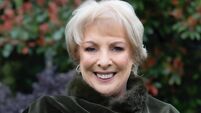15 of the best music books of 2022, including Nick Cave and Brian Johnson
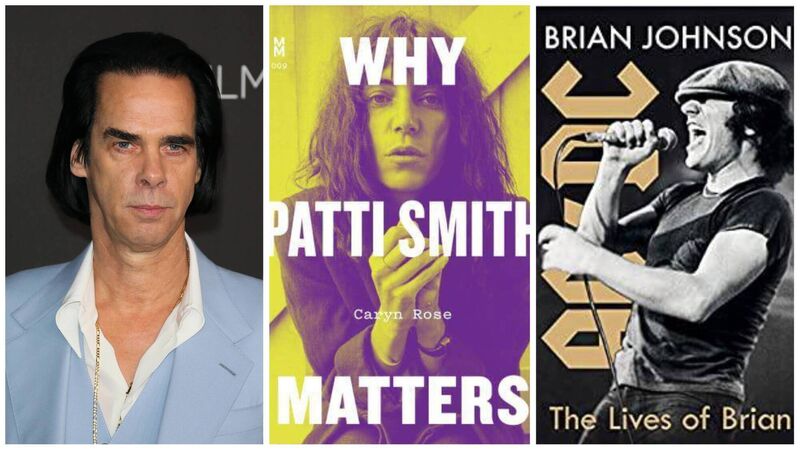
15 of the best music books of 2022, including Nick Cave and Brian Johnson
At some point in the last decade, it felt like the divisive Fat White Family, were the next big thing in music. And then suddenly they weren’t. Saoudi was the frontman of the London-based misfits, and writes a curious memoir with Stripe — who describes them as “a drug band with a rock problem” — that regularly feels like too much information but also completely, painfully honest.
Kessler was editor of magazine when the lights were turned off in summer 2020. It felt like a full stop for the music press — Kessler had seen it all. And written about a lot of it too. He charts his own personal, familial journey alongside increasingly wild tales in the offices of the NME and the like. He takes us to Cuba with Shaun Ryder and Bez’s post-Happy Mondays band Black Grape, tells us how Radiohead bore a grudge over a cover feature that never was (in an era when an NME cover was everything), and peppers in tales of Paul Weller and Mark E Smith.
Sonic Youth founding member Gordon comes together with Irish writer Gleeson for a collection about the female experience in and out of music, with contributions from the likes of Anne Enright, Leslie Jamison, and Maggie Nelson. Gleeson herself writes about Moog synthesisers and ‘The Genius of Wendy Carlos’, who composed the music for the Shining, but is now rarely spotted out and about. “The price of being an artist who connects with so many is an audience’s desire for ownership; for visibility and engagement, which they have no right to,” writes Gleeson.
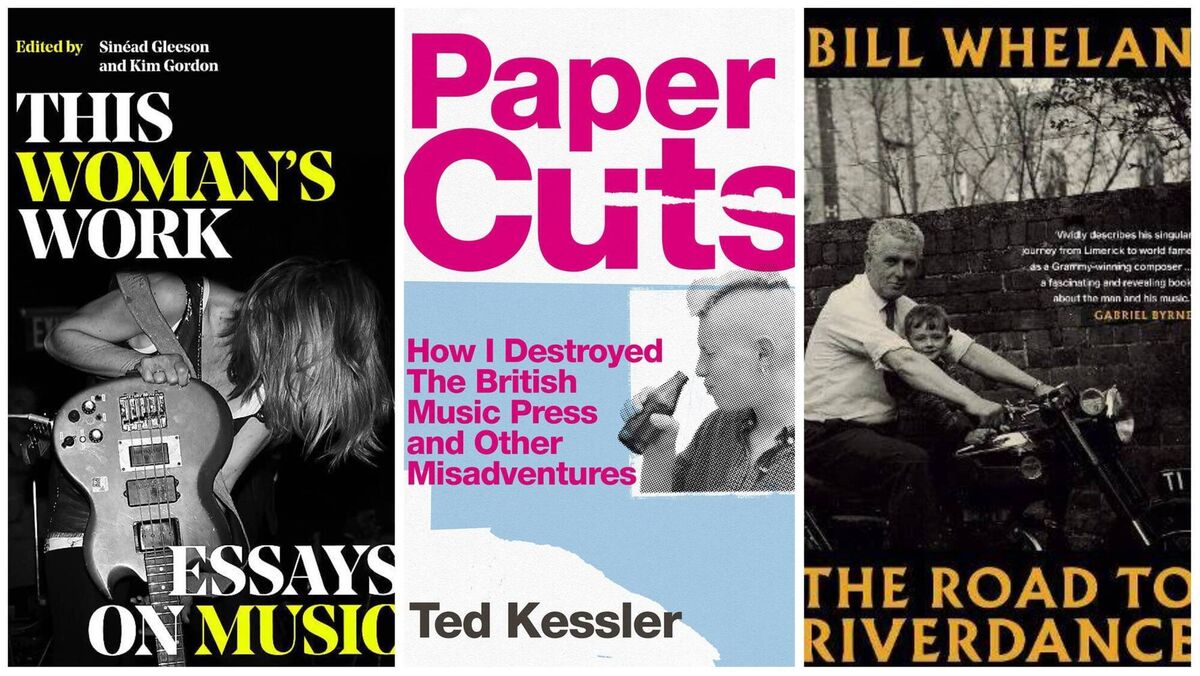
Cave’s teenage son Arthur died in 2015 and he has wrestled with its aftermath ever since. is his coming to terms with it, trying to make sense of life itself, via a series of interviews (over 40 hours’ worth) with O’Hagan, a journalist. Cave says his audience saved him, and as he ruminates on art, music, and creativity, he offers something all-encompassing. “The world is enlivened by the creative process. It enhances the way I see things and makes the world more sufficient, or even abundant,” says Cave. The book was completed before another son, 31-year-old Jethro, died in May 2022, which O’Hagan talks about in the aftermath. Devastating.
What happens to the stars we once idolised, and the one-hit wonder who could’ve been the next big thing, after their moment in the spotlight has dimmed? Duerden talks to a cast that includes Happy Mondays, Robbie Williams, Róisín Murphy, Franz Ferdinand, Bob Geldof, David Gray, and Snow Patrol, to find out more. For the late 90s, early 00s RnB group Damage, their rise was put to one side when another boyband with seemingly better commercial appeal was ‘discovered’: Westlife. Paul Cattermole, formerly of S Club 7, says all acts in pop music plateau at some point. “You will be tested on that plateau. The question is: Do you have the temerity to bust through it?”
The problem with a book titled like this is that once you reach your destination, Riverdance, it proves all too fleeting. Whelan, who composed that irrepressible anthem and the music for the subsequent world-conquering show, spends only 30 pages or so on Riverdance. The road to it begins in working-class Limerick in the middle of the 20th century as Whelan chronicles his life. It’s a story of a changing Ireland as much as it is a music book, but tales of Kate Bush, Van Morrisson (“you could feel the energy radiating from his squat Belfast frame”), and of course Michael Flatley and Jean Butler more than suffice.
“I was so desperate to make fantasy real that performance was the only way,” says Doherty in this authorised biography with Simon Spence, who tells us that the Libertines frontman has a remarkable recall — that’s lucky for the reader. Written after some 60 hours of interviews, Doherty talks of trying to escape from the Priory with a Libertines Glastonbury set looming, time in Pentonville Prison, being Kate Moss’ new ‘junkie lover’, and his brief run-ins with Amy Winehouse (“I could see how fragile she was”).
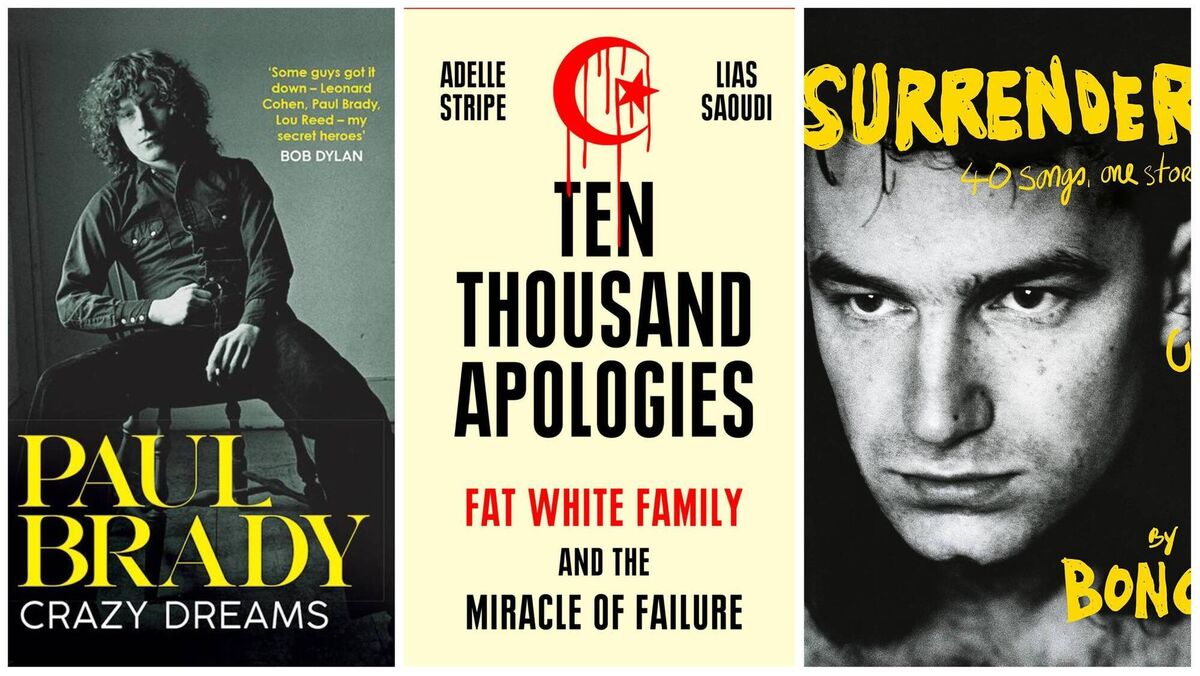
A simpler time, NME readers in 1986 could send away for a cassette that would help define a certain jangly 80s indie sound, which actually hamstrung many of the featured acts when Madchester and rave hit a couple of years later. Impossibly romanticised since, is to music nostalgia what Italia ‘90 is to football. Tassell has tracked down all 22 acts who featured on the tape, from Primal Scream to Stump. The latter’s drummer Rob McKahey says they were a “very lazy band” and that their recording of Buffalo was “atrocious. I don’t know how it was even allowed on there.”
Perhaps the best thing you can say about Bono’s autobiography is that it challenges preconceptions. Of course it’s earnest, and with 40 chapters in over 550 pages, it’s thorough. From his parents to his wife (“I had to accept that she could never be known”) to his bandmates, he’s tender, touching on religion and faith and admitting to the regular criticisms: “I can be over-the-top in standing up for what I believe in, how very wearying that must be.”
Overfamiliar with the working men’s clubs in northern England in the 1970s, plying his trade with a variety of acts, Johnson got a call from AC/DC to audition to replace their late singer, Bon Scott. Then they released Back in Black and were one of the biggest bands in the world. Johnson’s autobiography, which he apparently wrote freehand, charts a wild rock n roll life. He left the band relatively recently due to hearing loss but soon make a raucous return in 2020. What a story.
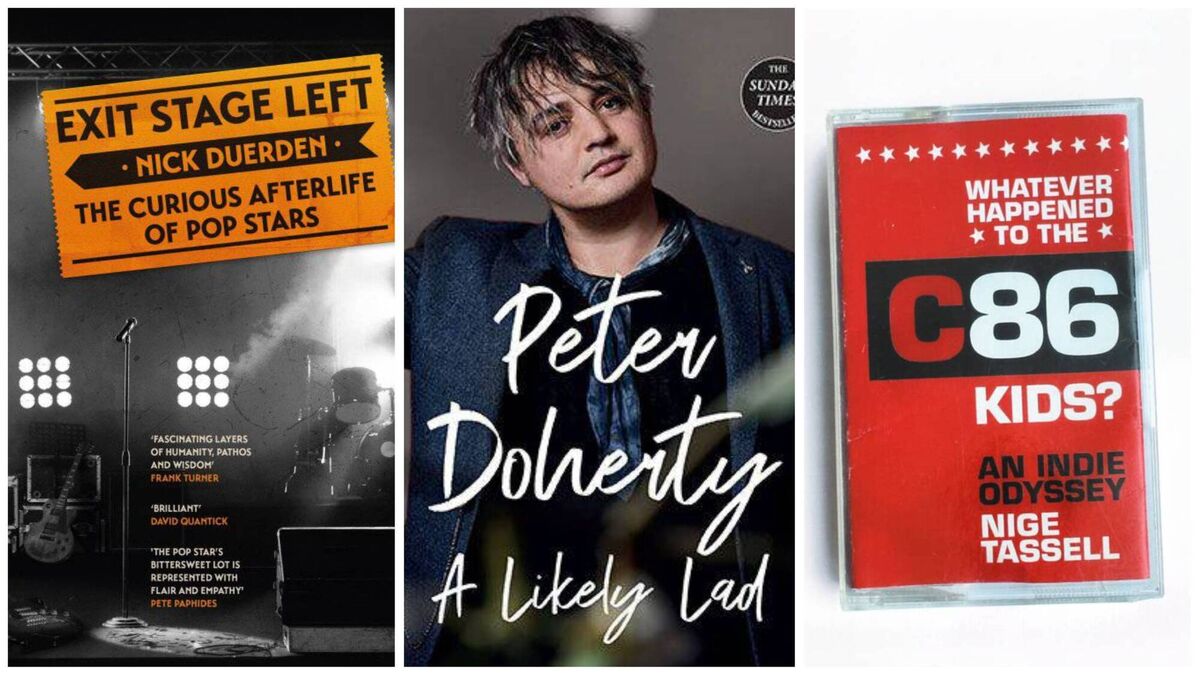
The Cork-based author says the jazz musician’s work is like a journey through the landscape of the American west: Mythic, expansive, cinematic, and dreamlike. Frisell was in thrall to the greats, but this biography, with access to friends, family, and associates, is a rolodex of encounters with people from Chet Baker to Ginger Baker to Norah Jones. What sets it apart are the listening sessions, where the likes of Paul Simon, Martin Hayes and the late Dennis Cahill, and Justin ‘Bon Iver’ Vernon respond to Frisell’s work.
Founder of Island Records, home to the likes of Bob Marley, Grace Jones, Nick Drake, and U2, to name but a few, Blackwell has a great story to tell. Son of an Irish Guards officer and a Jamaican heiress (fascinating in itself), he grew up on the Caribbean island and helped introduce the Wailers to the masses. But despite the successes, he admits to misses too — he’s turned down the likes of the “insipid” Elton John, Pink Floyd, and Madonna.
Like Whelan’s memoir, Brady’s story begins in an Ireland of a very different era. Having taught himself how to play guitar, he achieved relative success with the Johnstons ballad group, later joining Planxty and proving a hard worker. His encounters with a vast array of musicians are catnip — Bob Dylan, Eric Clapton, Carole King, and Tina Turner all feature — while Bono also stars. “I am not proud of being one of those at the time who were mistakenly convinced U2 would never happen,” Brady writes.
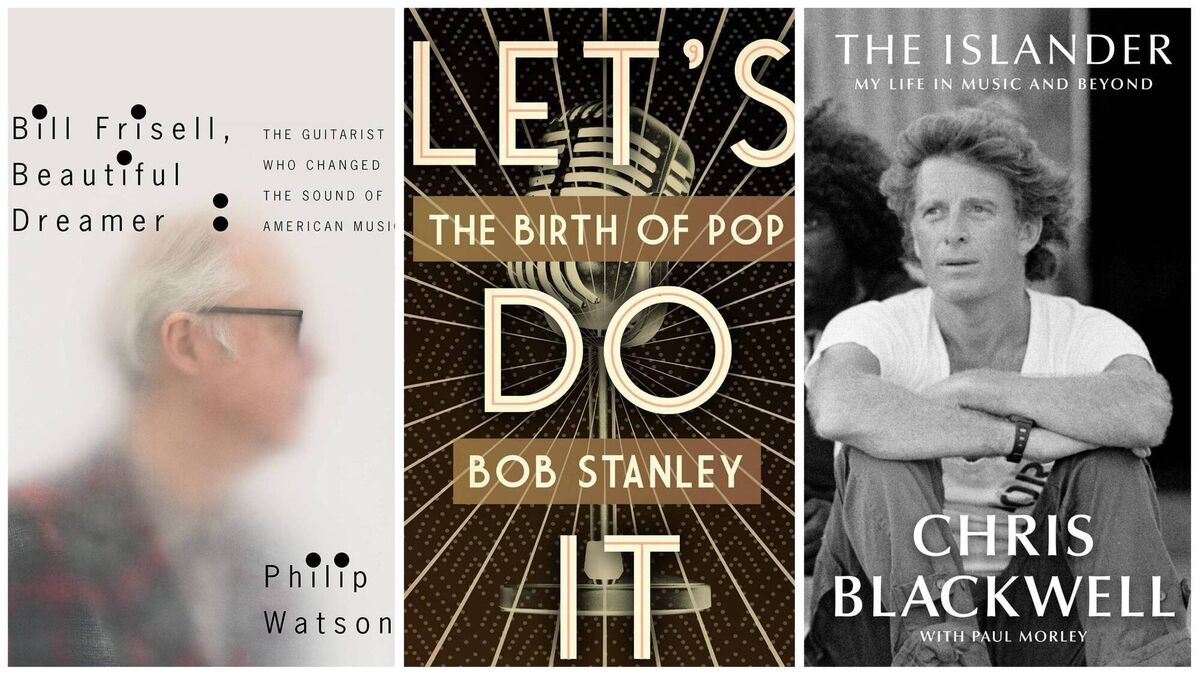
A prequel to Stanley’s absorbing story of modern pop Yeah Yeah Yeah, aims to tell the definitive story of the birth of pop itself, going back to the invention of the 78rpm record. Some 650 pages long, Stanley has delved into the archives of the British Library and gives an account of “the entertainment industry at a time, between the American Civil War and the beginning of a civil rights movement, when racism was not only endemic but overt”. One to impress your friends with.
Smith herself released a new book recently, — over 365 images charting her aesthetic and inspired by her Instagram page — but it is Rose’s short biography (or a book about Smith’s work, because it is her work that matters, explains the author) that we’ll plump for here. Rose calls Smith a hero, a goddess, a field marshal, a saint. You will be left in no doubt about her oeuvre afterwards.


